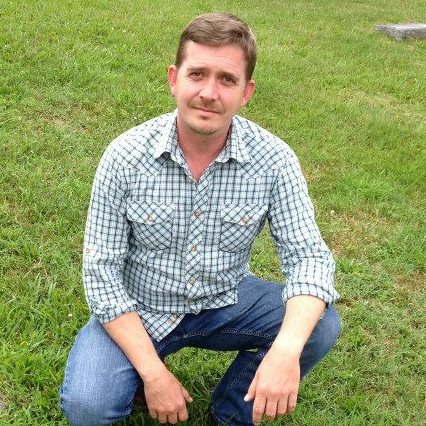Outside the Methadone Desert / Lexi Noga
- Sheldon Lee Compton

- Dec 22, 2023
- 2 min read

The red camper van rusted out back, where poison oak sprawled across the yard. Inside, mice nested in the flimsy, floral cushions, spiders wove a palace across the ceiling. Before, when my father was young enough to wear muscle tees and that Yankees hat backward, he’d hitch the camper to his pickup and drive us to the lake. Now, my father lies upstairs in his childhood bedroom, the bed a box spring and mattress imprinted with the shape of his body. A chalk outline. The doctor tells him he’ll die there if they don’t amputate his septic toes. He only laughs. He’s made it this far on dumb luck.
Every morning my father drove to the clinic in the dark. It’s too far for anyone without a car. But they say we’re lucky here, outside of the methadone desert. Since he held a job, he got to skip the line that stretched down the sidewalk. You’d never think so many people could crowd behind the Dunkin Donuts. But then again, no one wants to look. He would return home with coffee, another pack of cigarettes, and the paper – which he unfolded all the way at the kitchen table. On page ten were photos of the homeless who pitched tents on the center green in protest – the waiting list for section eight housing was eight years long. On a concrete wall someone had graffitied “God help us!” and when my father saw it, he laughed and said, "There'd be no heroin if God was really here.”
When no one had seen my father’s black Chevy with the clattering ladder rack in the parking lot of the methadone clinic for two weeks, I looked for him in the obituaries first, then drove to 434 and pulled over. The grass in the front yard was knee-high and the lights were off. But maybe he was smoking Marlboros behind the kitchen’s wilted curtains and candles lined the counter after they cut the power.
We heard it from a neighbor: Steve overdosed in my father’s den, and he had to use the Narcan in his sock drawer. He pushed on his friend’s chest and forced air into his mouth, even after he’d turned blue. He had to. No one else would have bothered to save a graying addict who lived that night just to die alone a few weeks later, in a house his parents owned but wouldn’t visit. The funeral was private; no friends, no addicts, though my father went anyway and watched from his truck with the window down as they labored to dig his grave.
/
LEXI NOGA lives in Atlanta and edits Wasteland Review. Her work has been featured most recently in Full House Literary and Outrageous Fortune.



Comments